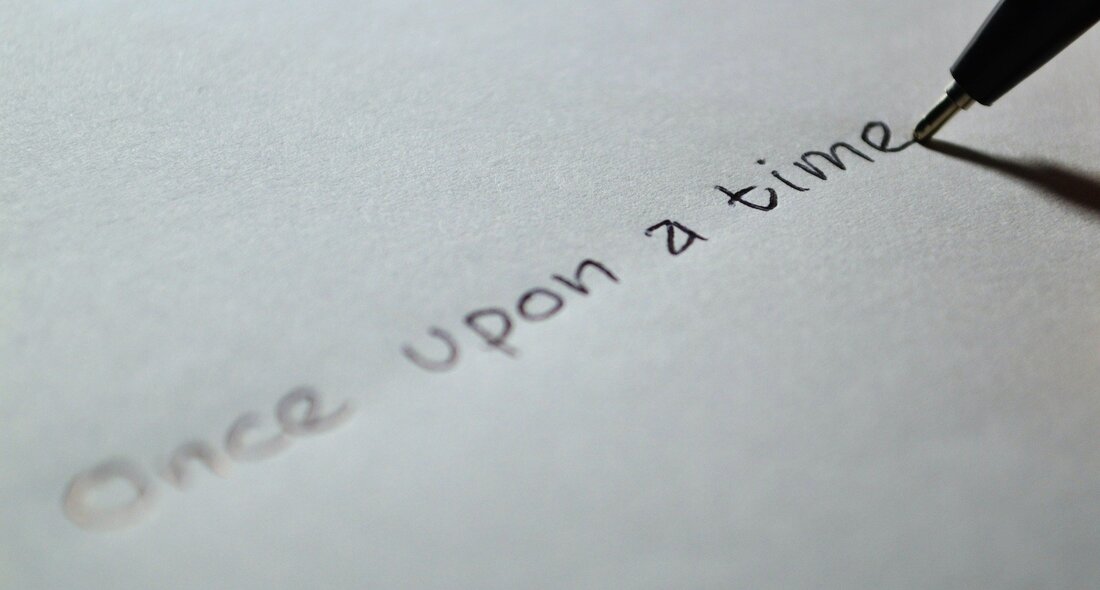I don’t think I’ve ever talked about it here or if anyone ever asked. But I thought I’d take a little time to discuss a few notes on using pseudonyms as authors. I read about Nora Roberts, the author of more than 150 romance novels, when asked why she writes romantic suspense novels under a pseudonym. Her answer: “It’s marketing.”
She says that writing quickly makes it difficult for her publisher to publish all of her work with an appropriate amount of time between each release, so she writes works which are “edgier” than her romance novels under the pseudonym J. D. Robb. She says, “Putting it under a pseudonym helps brand it for the reader.” Children’s writers often separate their real names or their “other” writing names from their children’s work to keep work intended for children untainted.
All these reasons are absolutely valid, and there are many more. But I believe there are many more downsides to using a pseudonym than
Now, this is just my take on it and of course, you’ll personally have to weigh the pros and cons for your title and your career, but keep in mind that Ms. Roberts has a powerhouse publisher and marketing department to help her navigate the difficulties inherent in using a pseudonym.
If you are considering using a pen name, here’s 6 things you should know:
- It is difficult to keep a pen name secret. Everyone knows who Kristie Leigh Maguire is, for example, but most know that it is a pen name. Once they know, the author has lost the privacy value of using a pseudonym.
- If people didn’t already know that “Robb” was Nora Roberts’ pen name, most of them do now since Time magazine let the cat out of the bag in a featured interview. The magazine also revealed (big time) that Nora Roberts is also a pen name! Suddenly, I don’t feel the same affinity for her as a person or an author. I don’t even know her name. In one fell swoop her pen name lost some of its branding value.
- It is very hard to promote a book in person when you use a pen name, especially if you choose an opposite-sex pen name. In fact, promotion of all kinds can become touchy. You may lose authenticity. That loss must be balanced against whatever reason you are using to convince yourself it’s a good idea.
- Consider this, how hard it is to be a good liar? It requires having an amazing memory and as well as a deceptive nature. Most authors struggle enough learning to nurture the marketing, publicity, TV, radio, and speaking skills they had no idea they’d ever need when they started writing. Trying to remember all the little white lies (or big whoppers) you may find yourself telling may not be worth the effort. I mean, Nora Roberts finally gave up on the biggest fib of all: that she uses pen names. In the Time interview, she discarded pretense and became herself.
- Then there’s the technical, time-consuming – and potentially expensive – mire of branding yourself over and over again for every pen name you have. Consider everywhere you publish your brand- websites, blog posts, email accounts, and social media exploits. And even worse, think how much less effective those efforts will be because they are diluted since you only have so much time to devote to branding each of those names. If you think you will never have to do that, that you never expect to change genres or run into a marketing misstep that forces you to return to your real name, you may be mistaken. Many multi-genre authors didn’t expect to do that when they wrote their first book. And, like the kid getting his driver’s license at sixteen, most of us don’t expect to have marketing accidents.
- Using a pen name isn’t necessarily an effective barrier against lawsuits. But do ask your attorney.
Just a little food for thought. Of course, at the end of the day your book your name. Whether you choose your birth name or a name you birth, you’ll still have the responsibility of doing everything you can to market, promote and sell your book.
To your Success,
MG


 RSS Feed
RSS Feed
